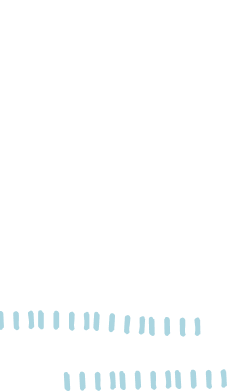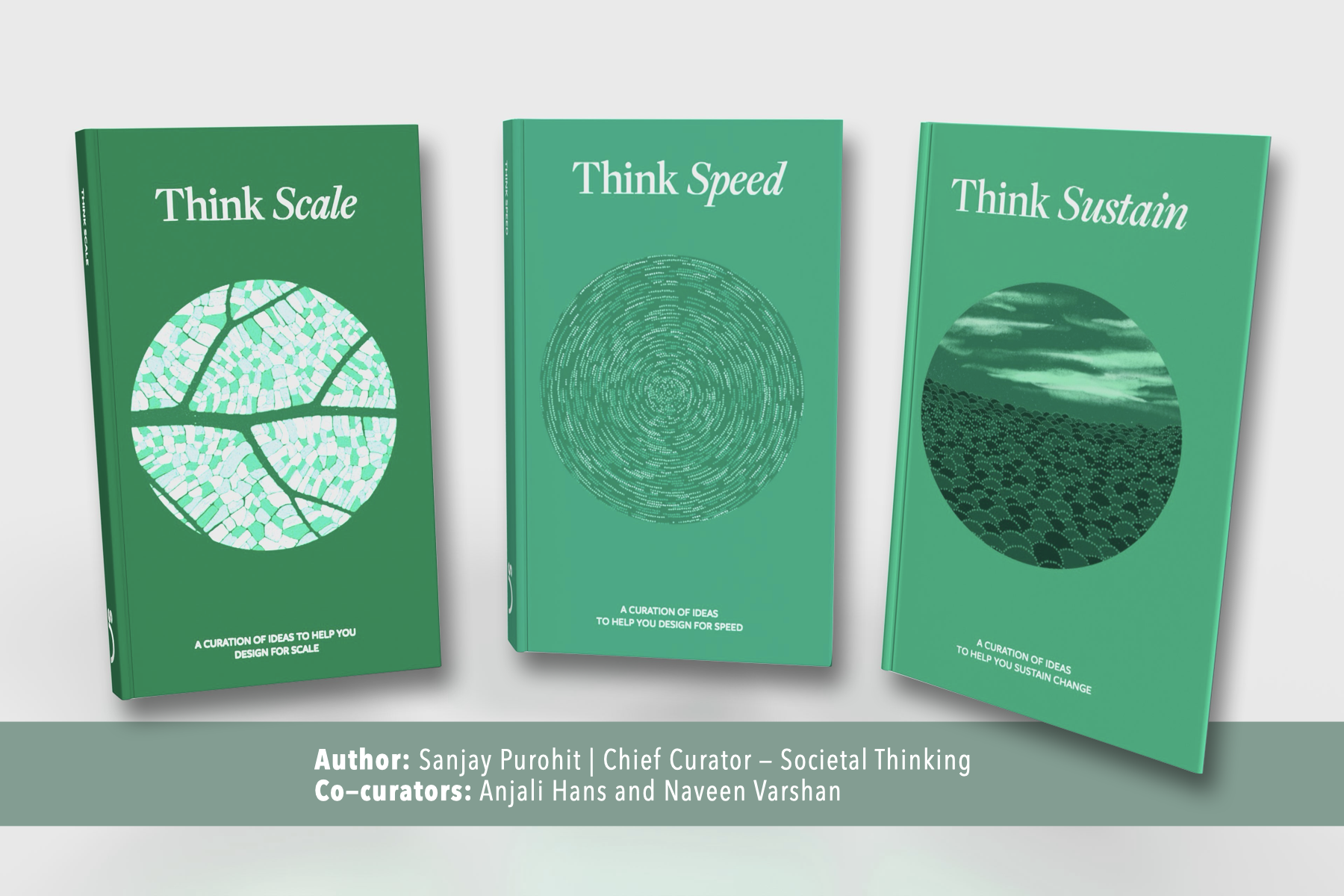In healthcare systems globally, there exists an imbalance. On the one side, you have under-resourced health systems that, despite best intentions, aren’t always able to provide high-quality care to all patients. On the other, those who care for patients — friends or families — often leave healthcare facilities anxious, confused, and ill-equipped to care for their loved ones. Many times, this absence of proper knowledge and skills leads to preventable complications, and in some cases, death.
For nearly a decade, we’ve been building Noora Health to address this problem. At the heart of our work is the Care Companion Program (CCP) — an adaptable, context-specific, human-centred suite of educational tools and training for patients and caregivers. This training is delivered through trusted healthcare staff in public hospitals and clinics, who transfer health skills to family caregivers. Then, we provide mobile follow-up guidance and support for both healthcare staff and families. The programme has been adapted for several medical conditions, including maternal and newborn care, cardiology and cardiac surgery, oncology care, general medical and surgical care, tuberculosis, and COVID. Evidence shows that the CCP reduces cardiac surgery complications by 71%, newborn readmissions by 56%, and newborn mortality by 18%.
To date, we have partnered with healthcare systems across India, Bangladesh, and now, Indonesia, to train more than 4.4 million caregivers on essential, life-saving health skills offered through the CCP. Over the next five years, our goal is to expand the CCP to reach more than 70 million caregivers across four countries.
Reimagining our path to scale
Our goals are ambitious, and making them a reality is not something Noora Health can do alone. For us to go from one health system to another to support the implementation of the programme is unsustainable and not conducive to creating change at scale. To make caregiver training a movement that exists beyond Noora Health, we need to work with others, learn from them, share our expertise, and leverage theirs.
The challenge then for us is: How do we share the Noora model so that any health system in the world is able to take it forward and adapt it to its needs and context?
We were grappling with this question when we met Societal Thinking early this year. Almost immediately, we connected around wanting to build a movement to change the standard of care by catalysing meaningful interactions and value exchange between governments, civil society, and markets.
Together, we are exploring how to restore the agency of patients and their caregivers with timely information, training and support, at scale.
As part of Societal Thinking’s Scalers, our aim is to translate our learnings into a toolkit or set of guidelines — Noora in a box, if you will — that will allow systems to effectively integrate caregiver training into their work. Applying Societal Thinking, we want to shift from being ‘doers’ to ‘orchestrators’ – enabling systems change through multiple channels and partners, but not being the ones leading it ourselves.
Working together to connect the dots
Every health system has its own opportunities and constraints, which need to be taken into account when designing for scale. For instance, in India, we had to design our program from scratch because caregiver training was not a focus area for health systems. In Bangladesh, we’re seeing opportunities for more tech integration. In Indonesia, we are beginning by working across the health systems at different levels of care with our first program.
To ensure that we’re designing a program that will be adopted at scale, across geographies and levels of the health system, we’re taking a 3-part approach:
- From the insights and evidence we’ve generated from successfully expanding the CCP across India and Bangladesh, over the next year, we will work together with Societal Thinking to identify and isolate the context-dependent and context-independent elements of Noora Health’s model.
- Once we have distilled out the core elements of our work, the idea is to deploy them in Indonesia, as well as other new contexts.
- Based on what we see working, the model will be further refined and iterated on, allowing us to share it widely with partners and health systems globally.
Some of the questions that we’ll be reflecting on during this time include:
- What are the key elements that have allowed the CCP to integrate with health systems?
- How can technology play a role in driving exponential growth?
- What are some of the limiting factors that inhibit our ability to scale?
Our long-term vision is to make family caregiver training the standard of care, so that no matter who you are, when you walk into a hospital anywhere in the world, you feel supported by the health system and can be an agent for your own (or a loved one’s) health and recovery. We have a mammoth task ahead of us and are grateful for the opportunity to be travelling with Societal Thinking on this journey towards building a scalable, impactful, and cost-effective model for caregiver training globally.
Which other facets of primary health systems do you think need to be reimagined for exponential change? Here are some pointers that came out of a convening that we co-hosted in July 2023.
 Back
Back


